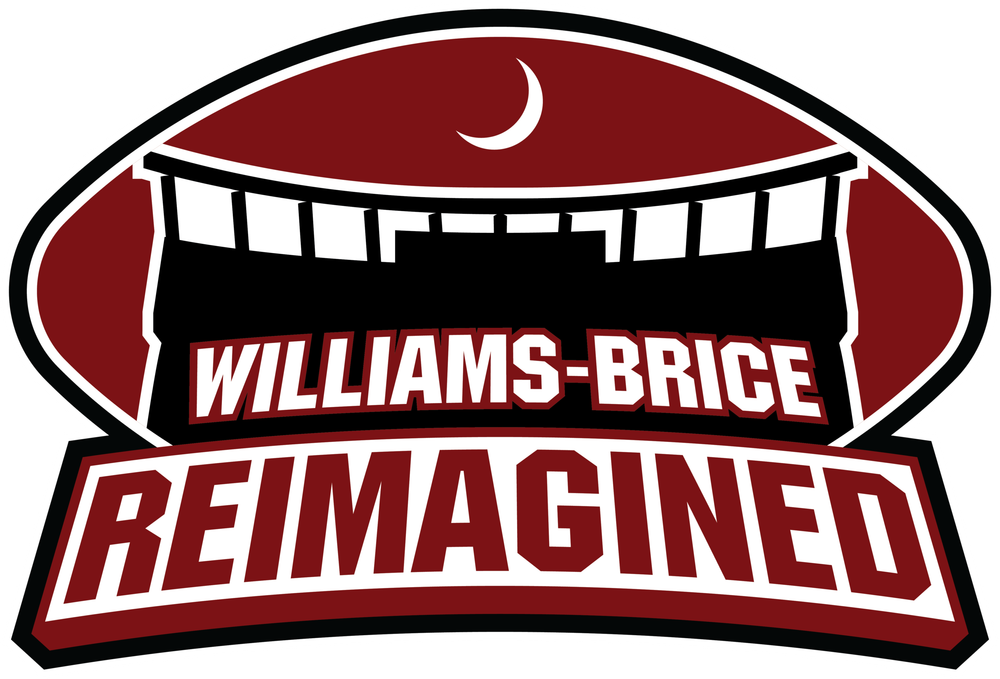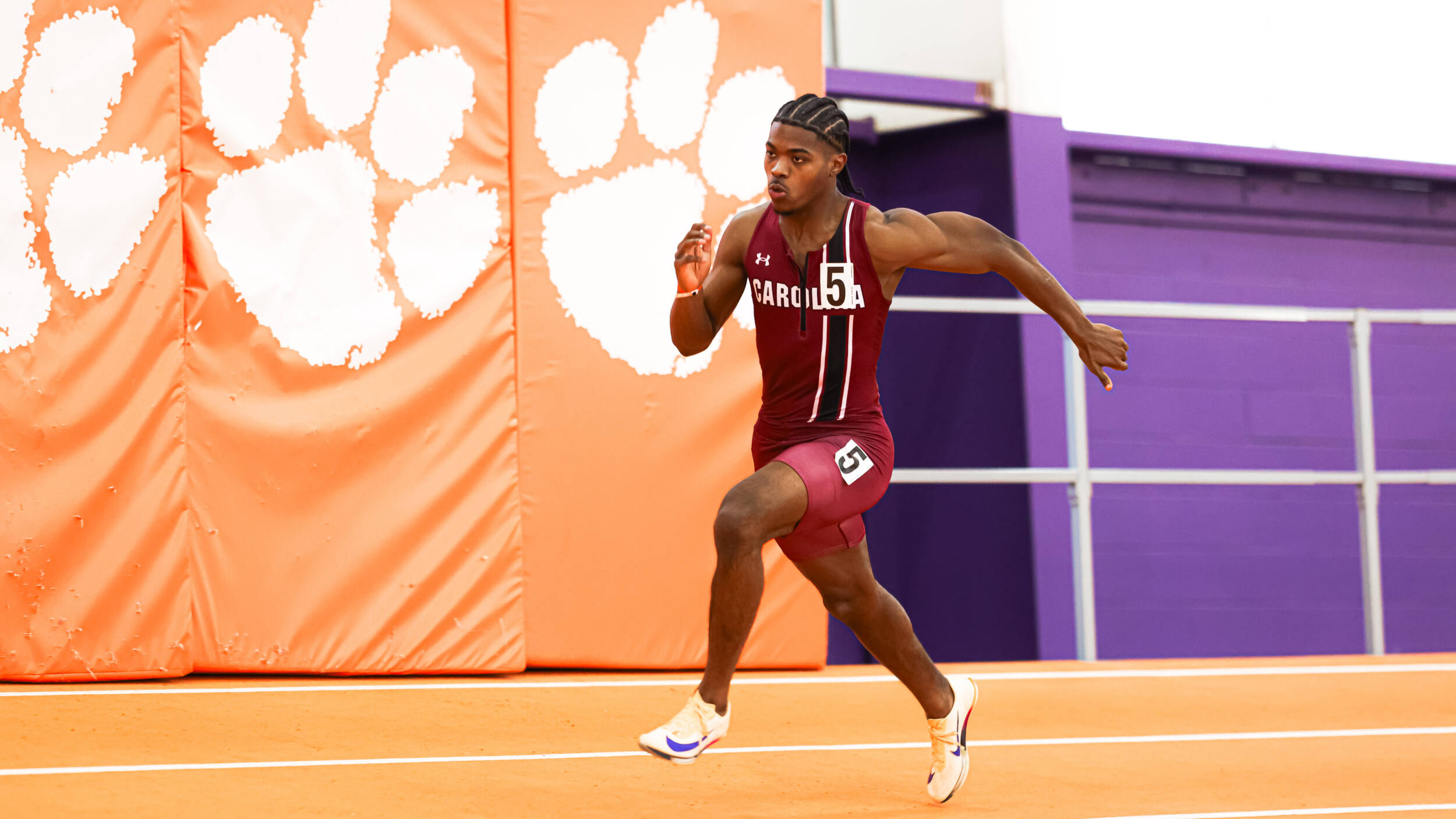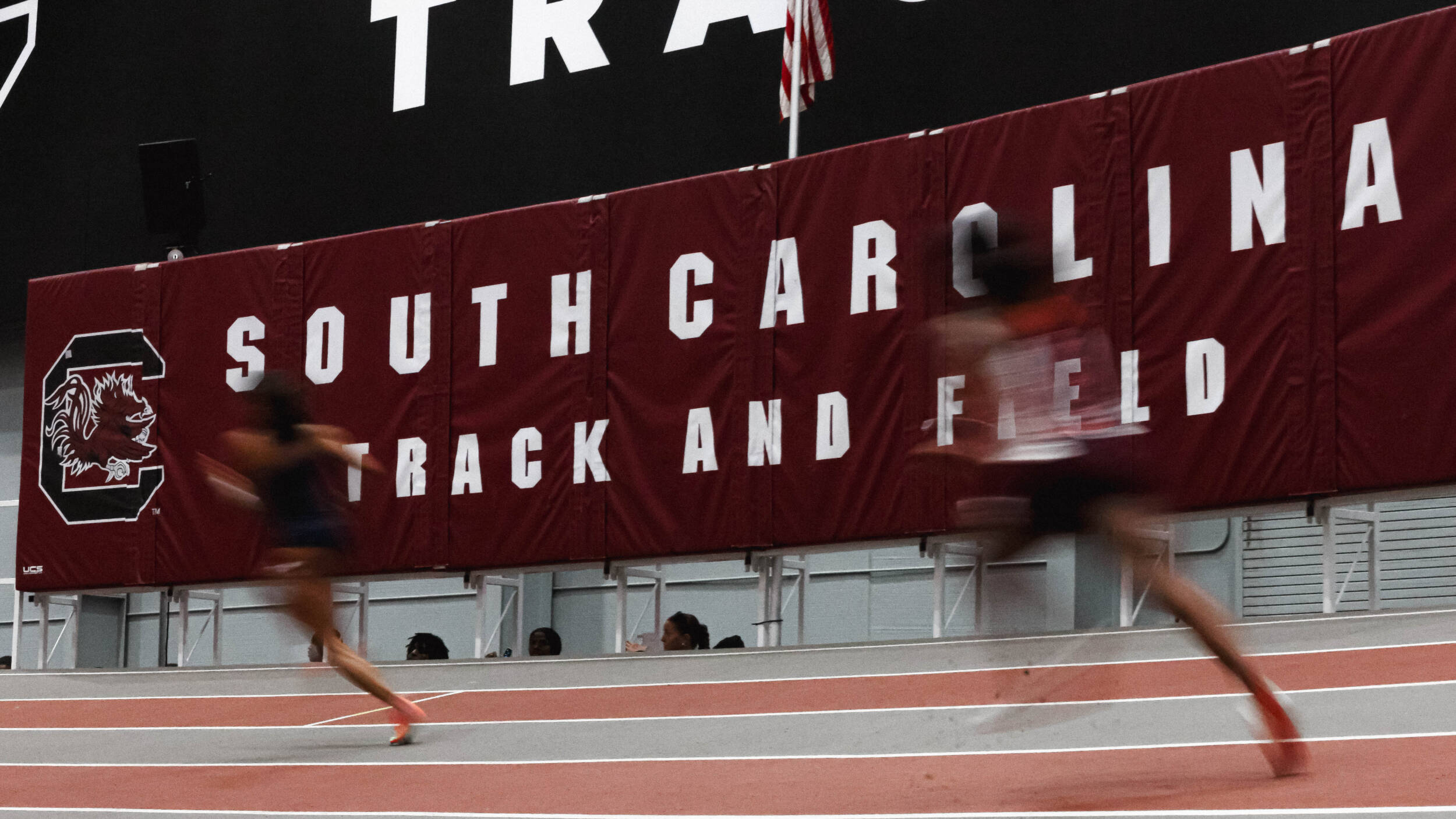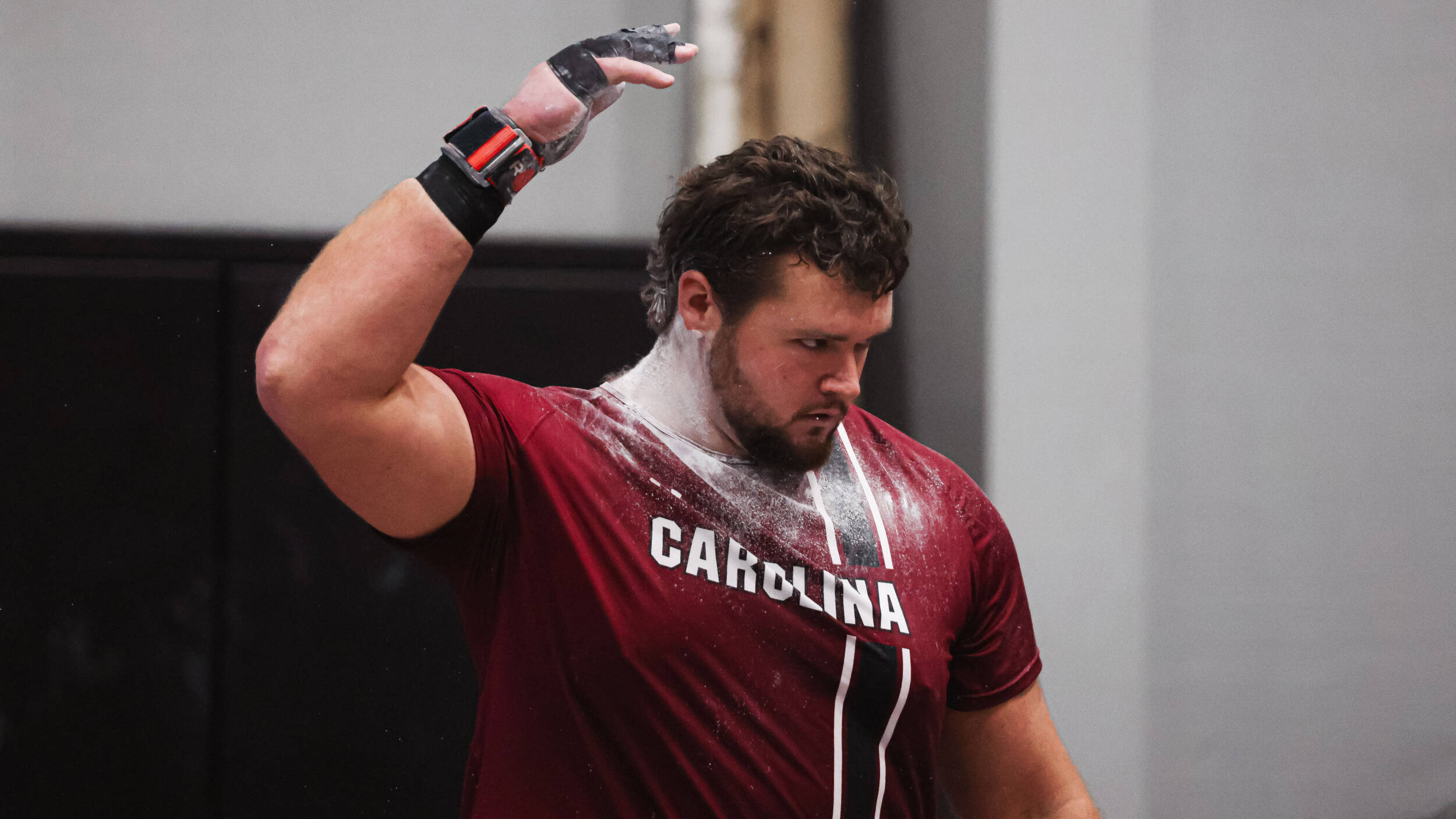Dec. 4, 2009
Written by Calhoun Hipp, Media Relations Student Assistant
Ever since the age of two years old, Kayla Parker has been near a sport. She started at the early age of two years old with gymnastics and picked up softball four years later. Parker continued with these sports until she found her calling with volleyball and track when she turned 12. It was with these two sports that would draw college scholarships, but Parker knew as a junior in high school that she was going to go to college to run track even though she was drawing volleyball interest from Division I schools like Auburn, Georgia Tech and Texas.
Parker, a Tallahassee, Fla., native, grew up training on the Florida State University’s Mike Long Track, and it basically became her second home. After visiting Georgia and Auburn, Parker knew that she was going to either run track for the South Carolina Gamecocks or stay at home and run in her own backyard. On her visit to Columbia, she got to know a lot of the track team and really thrived on the relationships that were shared among the members. The team unity was what helped Parker choose the Garnet and Black.
“When I came to visit [South Carolina], it really felt like a family atmosphere,” said Parker. “The coaches were all nice, and everyone was laughing and joking. But when I got to see them practice, it was how I like to practice. I like to joke around, but when I am on the track, it is track. It was really easy seeing myself fitting in here.”
The fact that she believed that the athletes at South Carolina were going to challenge her more and push her to become better also played a factor in her college decision. However, it would not be the competitive spirit of the sport that would be her biggest obstacle. During her senior year at Florida High School in Tallahassee, Parker was high jumping at the track at FSU when she felt a pain in her knee. But being the competitor that she is and with a high tolerance for pain, Parker decided to stick it out and help her high school team win its third state championship in four years.
“In my knee, I started just chipping off the cartilage and over the years of playing volleyball and running track, it gradually just kept knocking off,” explains the broadcast journalism major. “I competed out through my senior year because I wanted the new girls on the team to win a state championship. [Doctors] told me that I just needed a scope, but when I got into surgery, my kneecap had moved out of place. They did not know how I was running, let alone walking, jumping and competing.”
The injury caused Parker to redshirt her freshman year and complete rehab in hopes to get her back on the track and competing in the Southeastern Conference in the heptathlon. Unfortunately, her injury never healed correctly. Doctors told her that she would not be able to run again, but Parker wanted to prove them wrong. After 11 months of rehab, Parker had surgery again to scope out all the scar tissue to make sure she could compete as a redshirt-freshman. Her natural talent qualified her for SEC Indoors after competing in only four meets, but that was pretty much the last straw, as she chipped her knee back out of place.
This time, reality finally set in for Parker. She realized her love for track would be over and she would not be able to compete again. For someone who has been playing a sport since the age of two, and has not had a spring break since the age of 10 because of sports, this harsh reality was difficult for Parker to accept.
“It was hard. It was really hard,” recalled Parker. “It got to the point where I did not want to go to the track. I did not want to be anywhere near it because every time I saw it, I just cried. I was pushing everybody away; I thought I would be fine. I thought I would be just a regular student, but that did not work for me.”
But in April 2008, something happened to Parker that helped her move on and accept her injury. South Carolina Head Coach Curtis Frye called her into his office to have a talk with her. Frye told Parker that the team would be going to regionals in her hometown of Tallahassee, and he wanted to take her with them. Frye believed it would be good for Parker to go home and see her family, who she had not seen in some time. However, this time around, Parker would be returning to Tallahassee as the team manager, not as an athlete.
Going back home was the turning point where Parker knew she was not going to compete with the elite anymore. It all finally came full circle for her.
“Regionals were at FSU, the track I grew up on and where I originally got hurt,” said Parker. “When I walked out there for the practice round, I saw the track and broke down. I was used to being on the track, and just being able to go out there and run, especially on FSU’s track. That was the first time it really hit me that I was not going to be able to run track anymore. I am not running, I am not playing volleyball, and I probably never will again. I took it in and just cried for a good 30 minutes.”
Being around family and friends that she grew up with and competed against helped her in Tallahassee. Parker had to explain to them what was going on, why she was team manager and why she was not competing with her teammates. Having to talk about it multiple times over the weekend in Florida made the change easier Parker.
“It was a quick transition,” Parker noted. “But I am really glad that it happened because I don’t know what I would be doing if I was not near a track right now.”
Now as the team manager, Parker takes care of the duties that she took for granted as an athlete. She still gets to travel with the team, but it is the small stuff that she does that helps the team. She has to make sure that everyone has bib numbers during meets, she has to make sure all the apparel is ordered, and she has to video tape meets and create highlight reels, which actually helps her as a broadcast major.
“Being team manager gave me a complete new perspective on things,” said the multi-event athlete. “It really opened my eyes to how much work goes into making everyone happy.”
For someone that has not known anything but sports for her entire life, Parker needs to surround herself with competition. While her days of being an athlete are over, her future in athletics are just getting started.
“It has made me think about wanting to coach in the future,” explained Parker about being team manager. “It has given me a perspective on how I would want to do things. I have always wanted to do something with sports, whether it was coaching or actually being an athlete. I think it was a good thing for me to be called upon as the manager and to have Coach Frye keep me around the track. It made me realize that I cannot walk away from sports.”












